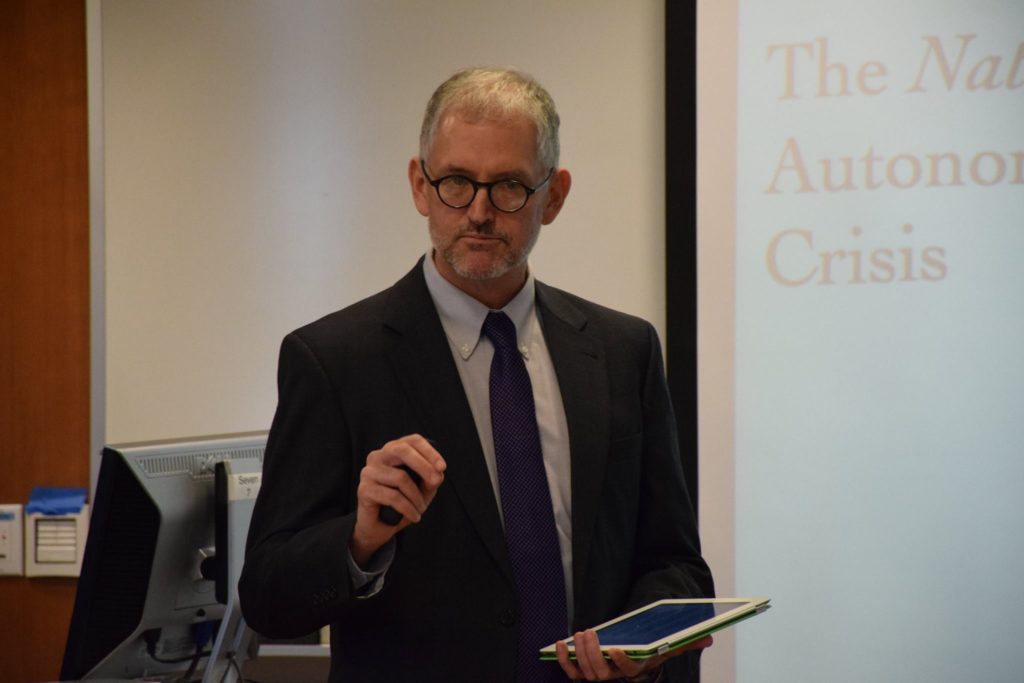On May 19, I defended my doctoral dissertation, “A Reporter’s Paper: The National Thrift News, Journalistic Autonomy and the Savings and Loan Crisis.” Many thanks to Dr. Sarah Oates, who chaired my dissertation committee at the University of Maryland’s Philip Merrill College of Journalism. I am also indebted to other committee members, Dr. David Sicilia, Kaylani Chadha, Mark Feldstein and Ira Chinoy, and, of course, to Dean Lucy Dalglish, who stood by me and my project the entire time.

Here is the abstract of the dissertation. A link to the full text on the University of Maryland’s library website is here.
Abstract:
Business journalism comes under persistent criticism for serving its historic readership of brokers and business people while lacking sufficient autonomy and failing to sufficiently question or challenge powerful corporate and economic interests. This is a dominant theme in media criticism of the savings and loan crisis and 2008 financial crisis. Against this backdrop, this dissertation asks: Is this critique valid, and if so, how can business journalism improve? To engage these questions, this dissertation examines the question of autonomy in business journalism in an unlikely place: the trade press. The central case study is coverage of the savings and loan crisis by the National Thrift News, a small financial services newspaper that won a George Polk award for its reporting in 1988. How could a small trade newspaper succeed in some instances when larger news organizations failed to connect the dots? The National Thrift News created a newsroom environment that celebrated reporter autonomy and independence. In some cases, it used its insider knowledge and consistent beat reporting to serve both its core readers and the broader society by uncovering savings and loan corruption. This study will highlight a long-running debate among theorists of journalistic professionalism by arguing that the commercial and advertising model in journalism does not inevitably compromise journalistic independence but rather can help pave a way forward for a more independent press. It therefore challenges the political economy critique of journalism, which holds that external forces such as capitalism harm press independence. This case suggests journalistic independence and individual agency remain powerful forces in newsrooms. Lastly, the dissertation argues that in an era of media downsizing, the trade press can perform an even more useful watchdog role over industry if the mainstream news media acknowledges and pursues some of the innovative trade reporting.